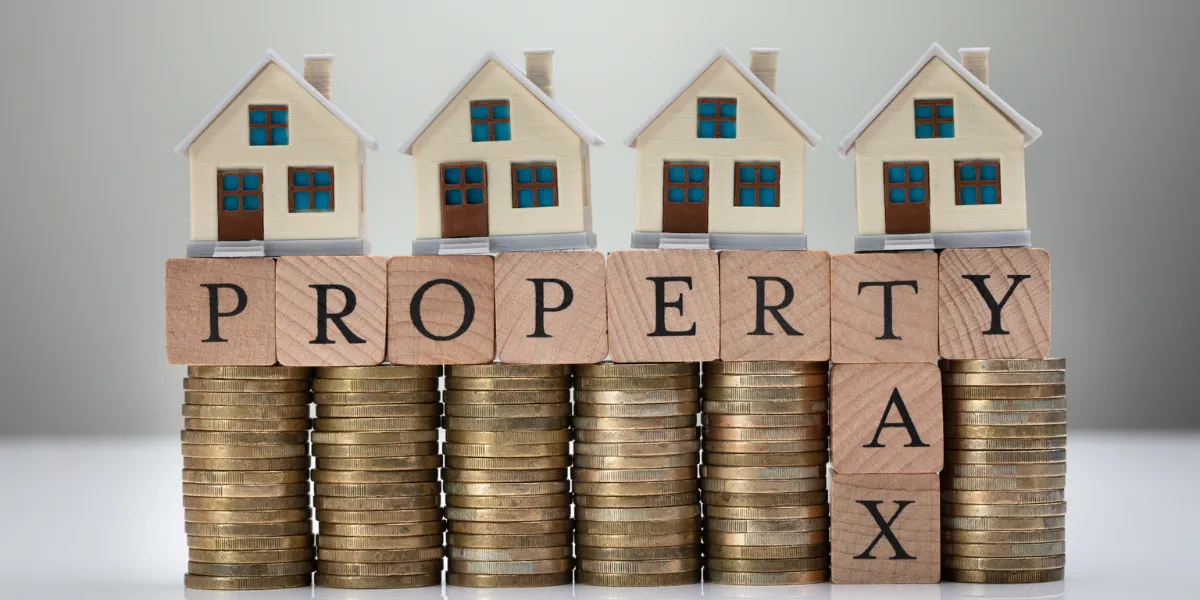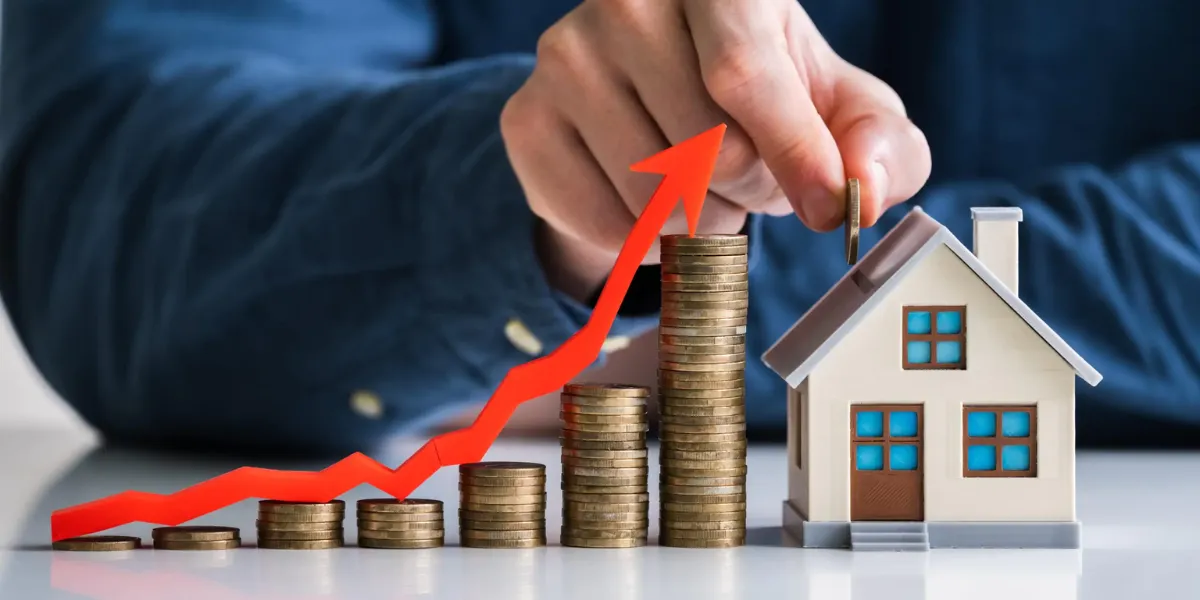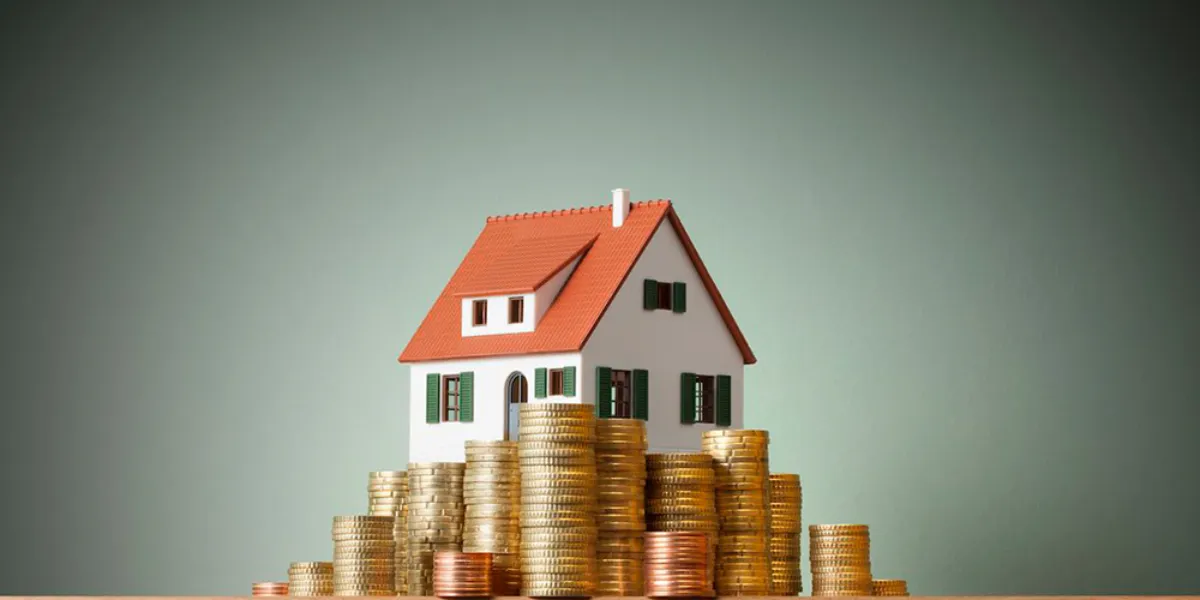If you own a condominium, you may be wondering about property taxes and whether they apply to your situation. Property tax is a fundamental aspect of real estate ownership, but its application to condos can be nuanced. In this article, we’ll delve into the specifics of property tax for condo owners, addressing common questions and providing clarity on your responsibilities. Do You Pay Property Tax On A Condo?
What is Property Tax?

Property tax is a levy imposed by local governments on the owners of real estate, including land and any structures on it. This tax contributes to funding essential public services such as schools, roads, and emergency services. The amount of property tax owed is typically based on the assessed value of the property.
How Property Taxes Are Calculated
Property tax calculations can vary depending on the location and regulations of the local taxing authority. Generally, the tax assessors evaluate the value of the property periodically, often annually or biennially. They consider factors such as the property’s size, location, amenities, and recent sales of comparable properties to determine its assessed value. This assessed value serves as the basis for calculating property taxes.
Do Condo Owners Pay Property Tax?

Yes, condo owners are typically responsible for paying property taxes on their units. However, the process differs from that of single-family homeowners because condo properties are part of a larger development.
How Property Tax Applies to Condo Owners
Condo owners do not pay property tax on the entire building or land; instead, they pay taxes on their individual units. The taxing authority assesses the value of each condo unit separately and calculates the property tax based on that value.
Factors Affecting Property Tax on Condos

Several factors can influence the amount of property tax owed on a condo unit. These may include the size of the unit, its location within the building, any amenities or upgrades, and prevailing property tax rates set by local governments.
Who Handles Property Tax Payments for Condos?
In most cases, the condominium association or management handles the payment of property taxes for the entire development. They collect the necessary funds from individual unit owners through monthly association fees or separate assessments.
Benefits of Paying Property Tax on Condos

Paying property taxes ensures that essential public services continue to operate effectively in your community. Additionally, property taxes contribute to the maintenance and improvement of infrastructure, which can enhance property values and quality of life for condo residents.
Consequences of Not Paying Property Tax on Condos
Failure to pay property taxes can result in serious consequences, including fines, penalties, and even the loss of ownership through tax foreclosure. It’s essential for condo owners to fulfill their property tax obligations to avoid such repercussions.
Strategies for Managing Property Tax Payments on Condos

To manage property tax payments effectively, condo owners should stay informed about their tax obligations, budget for these expenses, and communicate with their condominium association or management regarding payment arrangements. Seeking professional advice can also help navigate complex tax issues.
Common Questions About Property Tax on Condos
Do property tax rates vary between different condo developments?
Can property tax deductions be claimed on condo units?
What happens if property taxes increase beyond what was budgeted for?
Are there exemptions or discounts available for certain condo owners, such as seniors or veterans?
Navigating Property Tax Responsibilities for Condo Owners

Property tax is an essential aspect of condo ownership, and understanding your obligations is crucial for financial planning and compliance with local regulations. By staying informed, communicating with relevant parties, and proactively managing your tax responsibilities, you can navigate the complexities of property tax with confidence.
Consultation and Resources for Further Information
For personalized guidance on property tax matters related to condominium ownership, consider consulting with a real estate attorney, tax professional, or condominium association representative. Additionally, local government websites and tax offices provide valuable resources and information specific to your area’s property tax policies and procedures.
Click here for more visited Posts!




